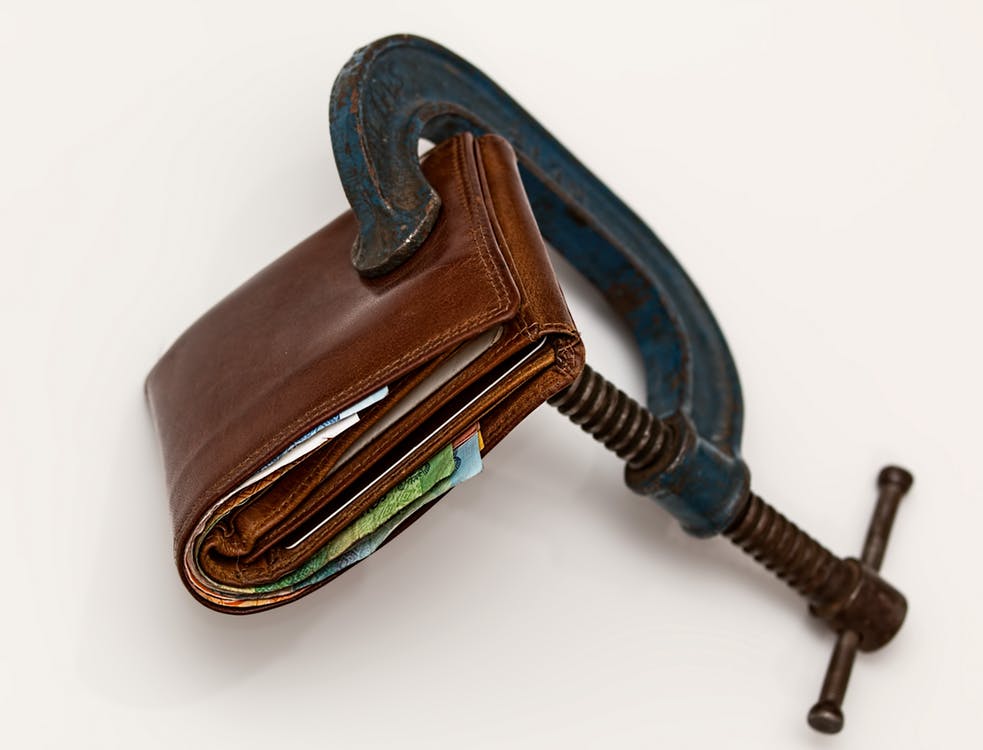Debt Consolidation Loans
Consolidate your loans and save today with free quotes from top companies.
Compare Quotes
Consolidate your loans and save today with free quotes from top companies.

Consolidate Your Interest Rate through Getting a Personal Loan. Improve Your Financial Discipline through Locking in a Fixed Rate, and Immediately Paying of Any Existing Credit Cards.
Debt Consolidation is taking out a loan to pay off numerous debts. Typically, this is done to receive a lower interest rate. A fixed interest rate on a debt consolidation loan is used for the convenience of paying only one debt.
Debt consolidation may be from a number of unsecured loans into another unsecured loan, but often it concerns a secured loan against an asset that acts as collateral, usually the borrower’s house. In this example, the mortgage is secured against the house. The lender provides a lower interest rate based on the asset’s value to pay back the debt consolidation loan. The risk to the lender is reduced so the interest rate is typically lower.
Debt consolidation is a common method to gain control over increasing debt. However, it is not a risk-free loan or a guaranteed solution, so one should shop for the best interest rate. The advantages, which debt consolidation offers, also carry the potential for high interest debt from companies benefiting from refinancing charges in the debt consolidation loan.
Debt consolidation is often advisable when someone is paying credit card debt. Credit cards carry a larger interest rate than an unsecured loan from a bank. Debtors with property such as a home or car may get a lower rate through a secured loan by using collateral. The interest and cash flow paid towards the debt allows the debt to be paid off sooner, incurring less interest.
Some debt consolidation companies can discount the amount of a loan. When the debtor is in danger of bankruptcy, the debt consolidator can buy the loan at a discount. A debtor should shop around for consolidators who will pass along some savings.
Surveys have raised concerns about the use of consolidation loans because many people are tempted to consolidate unsecured debt into secured debt. Although the monthly costs can often be lower, the total amount repaid is often considerably higher due to the extended period of the loan.
There are some alternatives to debt consolidation. Many people find it helpful to learn about all of the options with the help of a financial advisor.
Get clear answers to common insurance questions and important details to guide your coverage decisions.
What is debt consolidation?
Debt consolidation involves taking out a new loan to pay off multiple existing debts, combining them into a single payment. This strategy often aims to secure a lower interest rate, reduce monthly payments, or simplify debt management.
How does a debt consolidation loan work?
A debt consolidation loan pays off your existing debts, leaving you with one loan to repay. This new loan may have a fixed interest rate and a set repayment term, making it easier to manage your finances.
What types of debt can be consolidated?
Commonly consolidated debts include credit card balances, personal loans, medical bills, and other high-interest unsecured debts.
What are the benefits of debt consolidation?
Benefits include simplifying payments, potentially lowering interest rates, reducing monthly payments, and establishing a clear timeline for debt repayment.
Are there risks associated with debt consolidation?
Yes, risks include the possibility of accruing new debt after consolidation, fees associated with the new loan, and the potential for higher overall interest costs if the repayment period is extended.
Is collateral required for a debt consolidation loan?
It depends on the type of loan. Secured loans require collateral, such as a home or car, which can result in lower interest rates. Unsecured loans do not require collateral but may have higher interest rates.
Who is an ideal candidate for debt consolidation?
Individuals with multiple high-interest debts, a steady income, and a plan to avoid accruing new debt may benefit from consolidation. It’s essential to assess your financial situation and consult with a financial advisor.
How does debt consolidation affect my credit score?
Initially, applying for a new loan may cause a slight dip in your credit score due to a hard inquiry. However, if you make timely payments on the consolidation loan and avoid new debt, your credit score can improve over time.
What should I consider when choosing a debt consolidation company?
Research the company’s reputation, fees, interest rates, and customer reviews. Ensure they are transparent about terms and have a track record of helping clients effectively manage their debt.
Are there alternatives to debt consolidation?
Yes, alternatives include debt management plans, balance transfer credit cards, negotiating directly with creditors, or seeking assistance from a credit counseling agency.
Compare Insurance Quotes & Save
